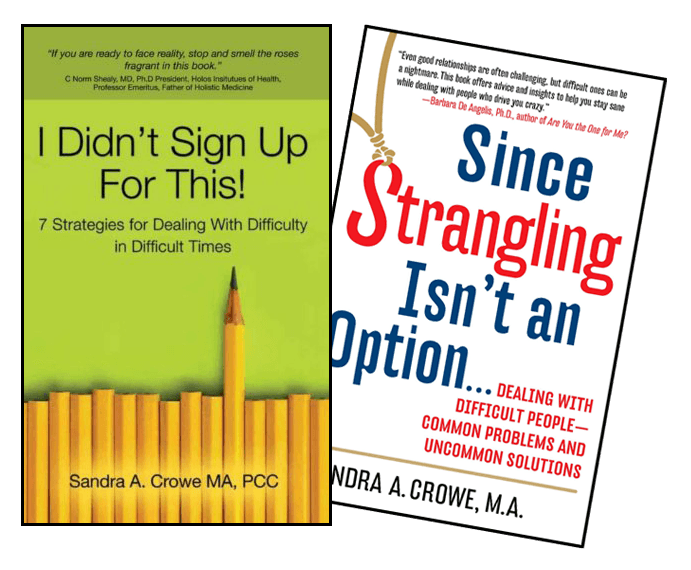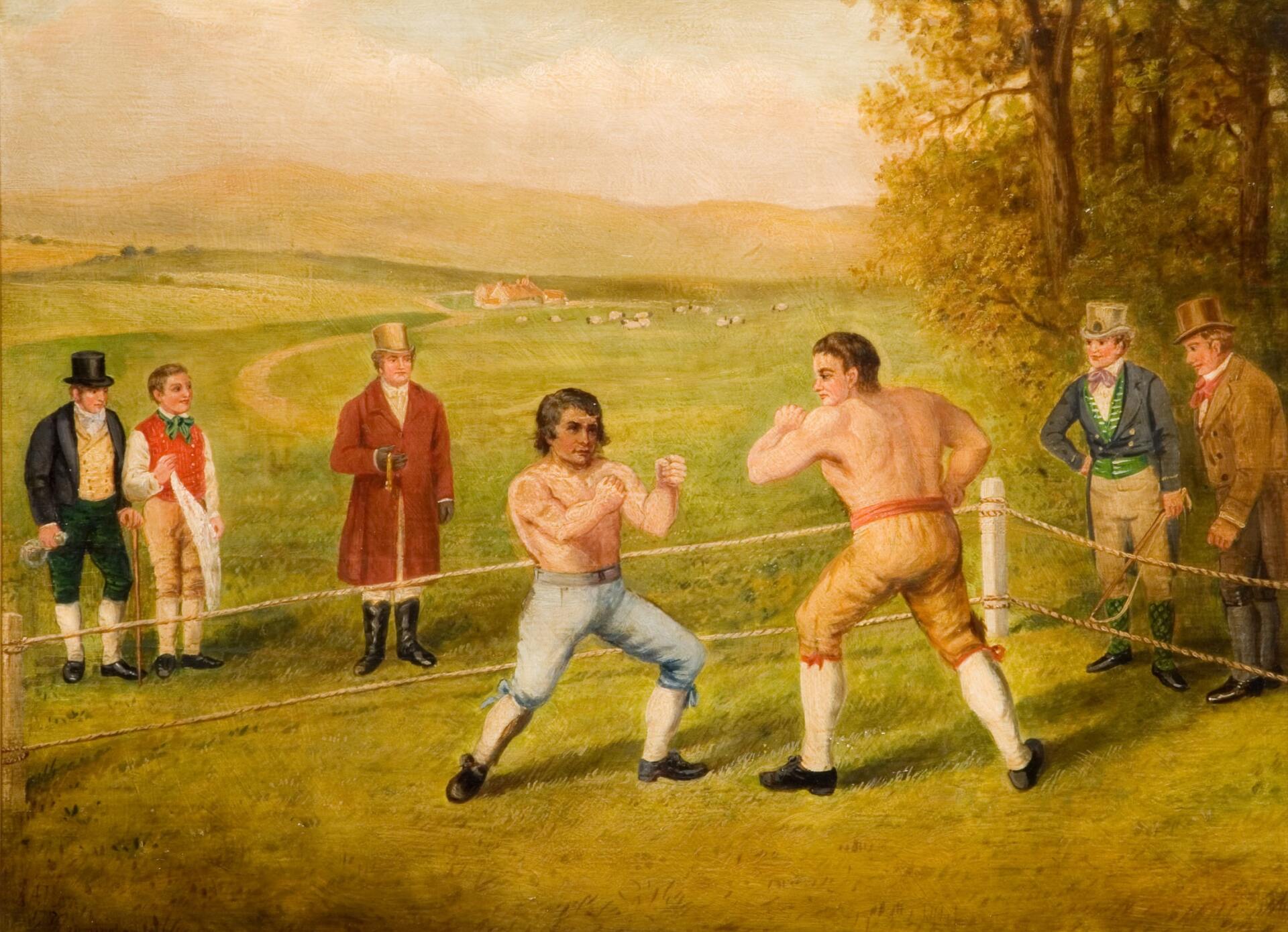Sandra Crowe MA, PCC

AUTHOR • SPEAKER • COACH
SANDRA CROWE MA, PCC
Imagine a speaker that energizes diverse groups of people.
Sandra Crowe MA, PCC, a leading thinker in the arenas of dealing with difficult people and situations uses her expertise in the government and corporate managerial world to extract practical application and meaningful solutions in the most challenging workplace and personal scenarios.
Engage with Sandra online!
In this era of COVID-19 we're all making adjustments in how we live our lives and do business. But we're not going to stop! Set up a virtual meeting with me and together let's learn how to communicate better, smarter with positive outcomes. Click the button below to connect!

Sandra's Bestselling Books!
Click on the links below to get my books that will assist you in dealing with the most uncomfortable situations with ease!
CLIENTS

RECENT BLOG ARTICLES

By Sandra Crowe
•
06 Feb, 2021
Most of the time when we’re angry we say things that really don’t represent us well. Often we end up apologizing, defending our language, making excuses for our upset and ultimately tripping over past behavior. The key to being able to say the right thing when you’re angry is to become aware when the anger is first hitting you. The process of getting angry happens in stages. Somebody does something which violates a value and that little ding initiates. Then it happens again and the ding becomes a bell. By the third time, the bell tower is ringing and it’s hard to control the upset. In that moment, our anger has us. We are it’s prisoner, our reptilian brain is engaged and we are done. At that moment disengaging if possible may be one of the best solutions, as you may incriminate yourself if you open your mouth. If you can see this coming you will be in much better shape to do one of the following: #1: Speak your frustration, instead of your frustration speaking for you. Say “I’m really frustrated about this right now, because I’m not getting the answers I need.” or “I’m upset right now and really can’t talk about this.” #2: Think about what you want, then make a request. “Who can I speak with that will help me clarify these answers?” or “Can we talk about this tomorrow?” You are moving the conversation where you want it to go instead of waiting for someone to respond and becoming more angry because the response wasn’t what you wanted. This requires that you actually think about what you want before you make the request. #3a If the person gets it and listens to you, you will come down fairly quickly. Then you can negotiate what needs to happen next. #3b If the person doesn’t get your upset say something. “Can you see how upset I am about this?” to bring them out of themselves. Part of what you are wanting in this moment is the acknowledgment for the state you’re in. If they still don’t get it, you have two choices: either come down, or leave. Typically what happens when we speak our frustration is that the act of speaking will disseminate the anger, and you will resulting come down emotionally . The expression through language and the acknowledgment that typically comes as a result will assuage the upset. Try this the next time you feel that ding and see if you can’t keep the bell from ringing.



